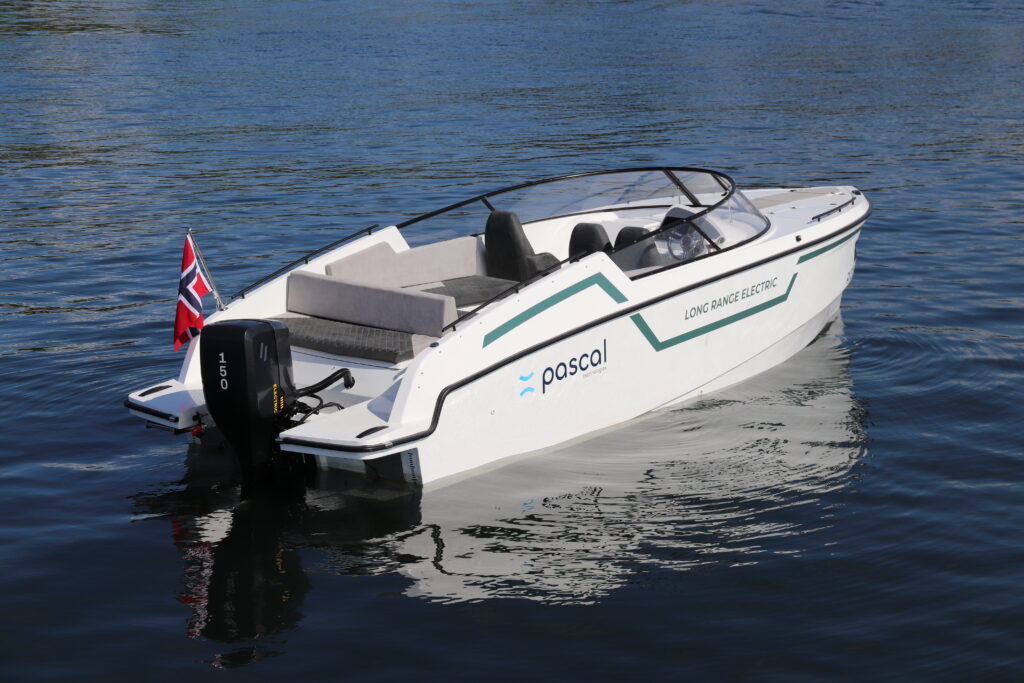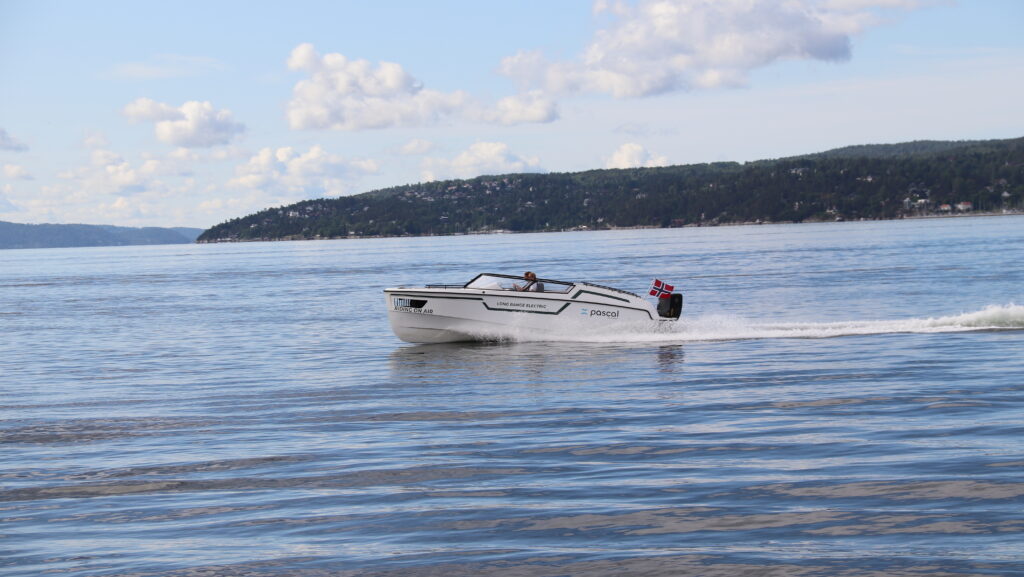
Interview: Pascal Technologies CEO talks long-range electrification

Pascal Technologies is helping boatbuilders offer long-range electric boats and ferries and was one of the 15 startups selected to showcase at November’s METSTRADE Startup Pavilion, supported by Yachting Ventures.
CEO Carl Rehn says that although the maritime industry is actively trying to become more sustainable, the industry tends to be somewhat conservative in embracing change.
What has been the biggest lesson since you started the business?
“The transition to zero-emission solutions is slower than we initially expected. Even in regions like the Nordics, where the adoption of electric mobility solutions is relatively high compared to the rest of the world, the maritime sector has only just begun its transition. It’s important to recognise that the entire maritime value chain, including propulsion producers, battery suppliers for marine applications, and charging infrastructure, needs to undergo a transformation.
“In general, we’ve observed that the maritime industry is lagging approximately ten years behind the automotive sector in terms of electrification. However, we are optimistic that once the momentum builds, the transition in the maritime industry will accelerate, especially since we have access to valuable insights from the automotive sector’s transition.”

What makes you different to the competitors in your space?
“Pascal Technologies’ number one priority is to enhance energy efficiency. We want to enable electric boats with long range so that the users don’t have to feel like they are compromising on performance or convenience to go electric.
“Compared to other conventional electric boats, we can double the electric range at high speed, and push battery costs down. This is key to making electric relevant and a feasible option for more segments.”
Pascal Technologies’ CEO Carl Rehn
Describe some of the company’s current applications and projects
“Currently, we are working on three projects within both the commercial and leisure boat sectors. Two of these projects are focused on commercial applications. One of them is the development of a crew transfer boat designed for the aquaculture industry. This boat is intended to transport crew and equipment to nearby fish farms efficiently. In our other commercial project, we are designing and developing a centre console boat tailored for various applications that require efficient transportation of crew and light equipment between different locations. Additionally, we are working with the leisure boat segment, with an initial focus on a day cruiser concept ideal for families seeking recreational activities and day trips. For all of these projects we enable the owners to cut emissions, lower noise, and reduce operational costs.”

What needs to be in place to make your product more successful?
“As the world transitions to a low-carbon economy and reducing emissions become increasingly important, the relevance of our products will become more and more clear. The key to our success lies in continued technological innovation, market education, and collaboration with industry players to increase the adoption of energy-efficient maritime solutions. One particular point to mention is the need to build out charging infrastructure. Additional factors could include favourable regulatory support and securing long-term financial support and investments.”
What are the opportunities and the biggest challenges in your market?
“The maritime industry is a considerable contributor to CO2-emissions, and all parts of the industry are looking for solutions to be more energy efficient, and transition to low carbon fuels. Right now we are focusing on smaller planing vessels, but there is a large potential also for displacement vessels. The biggest challenge we face is the need to accelerate the industry’s transition, overcoming conservative views and building awareness about the benefits of our energy-efficient solutions.”
How is your consumer changing?
“Our customers are becoming increasingly conscious of the environmental impact of their operations and are actively seeking ways to reduce their emissions. They are also becoming more tech-savvy, open to adopting innovative solutions for better efficiency and sustainability. Increasingly, they demand transparent reporting on environmental metrics and are willing to invest more upfront for long-term gains in operational cost savings and sustainability.”
The post Interview: Pascal Technologies CEO talks long-range electrification appeared first on Marine Industry News.
